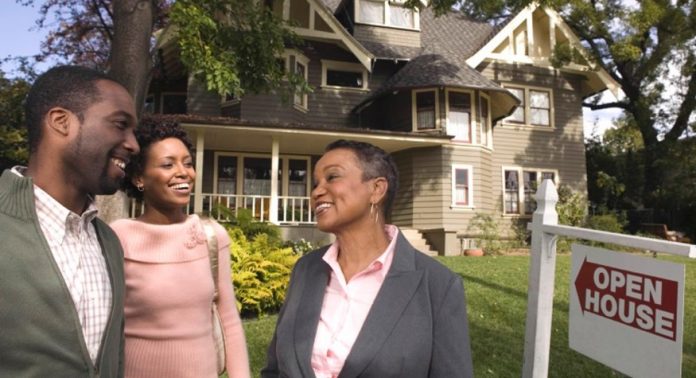A number of first-time home buyers fail to ask their real estate agents some important questions before they purchase a home. This turns out to be a great disappointment most times. Moreso, finding a buyer when they want to sell can become a real challenge. Even worse, the home might end up selling for less than it was bought for. The most important areas to ask most questions about include the price of the home, the condition of the home and the location of the home.
Price
Some of the questions a buyer should ask a real estate agent regarding price include; How much did the seller pay? What was the price of similar homes sold in the neighborhood? Which offers has the seller received? How long has the home been on the market?
Knowing how much the seller paid will help you gauge the increasing or decreasing value of the property. If you would like to sell the house in future, make sure you ask this question. Similarly, knowing how much similar homes have sold for will help you make a good bargaining argument. Furthermore, knowing how many offers the seller has received and how long the house has been on the market will help you make a better decision. These are very important questions for Real Estate Agents.
Condition
As a buyer, you need to know the structural issues the home has that you will need to fix. Always ask your real estate agent questions like: How old is the roof? What is the type of Foundation? Have any appliances been replaced? If so, When?
Newer roofs will last you 15 years and more. If the roof is too old, be ready to fix it, and it’s expensive. Likewise, it never hurts to know that the plumbing and electricals were recently replaced. All in all, make sure that everything works as perfectly as it should. These ‘condition’ Questions for Real Estate Agents really matter.
Location
As a rule of thumb, homes in desirable locations are worth more than similar homes in undesirable locations. The factors that could help you determine this include: What types of other properties are located nearby or which schools are nearby. Make sure you check for the existing amenities in the area. Do not be sold on potential. Equally as important, check on the rate of growth to make certain that the area still has room to grow. Neighborhoods that have reached their peak may not have much appreciating factor.









